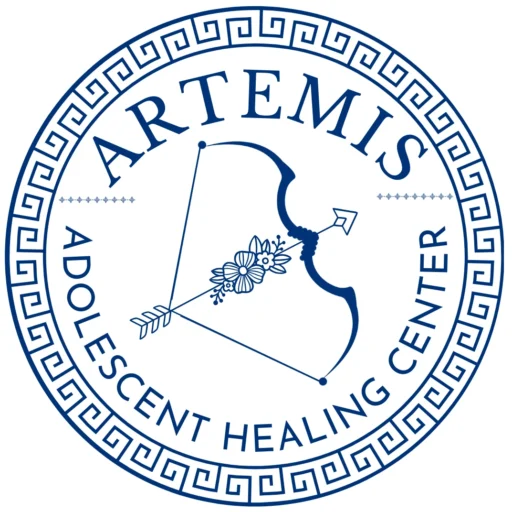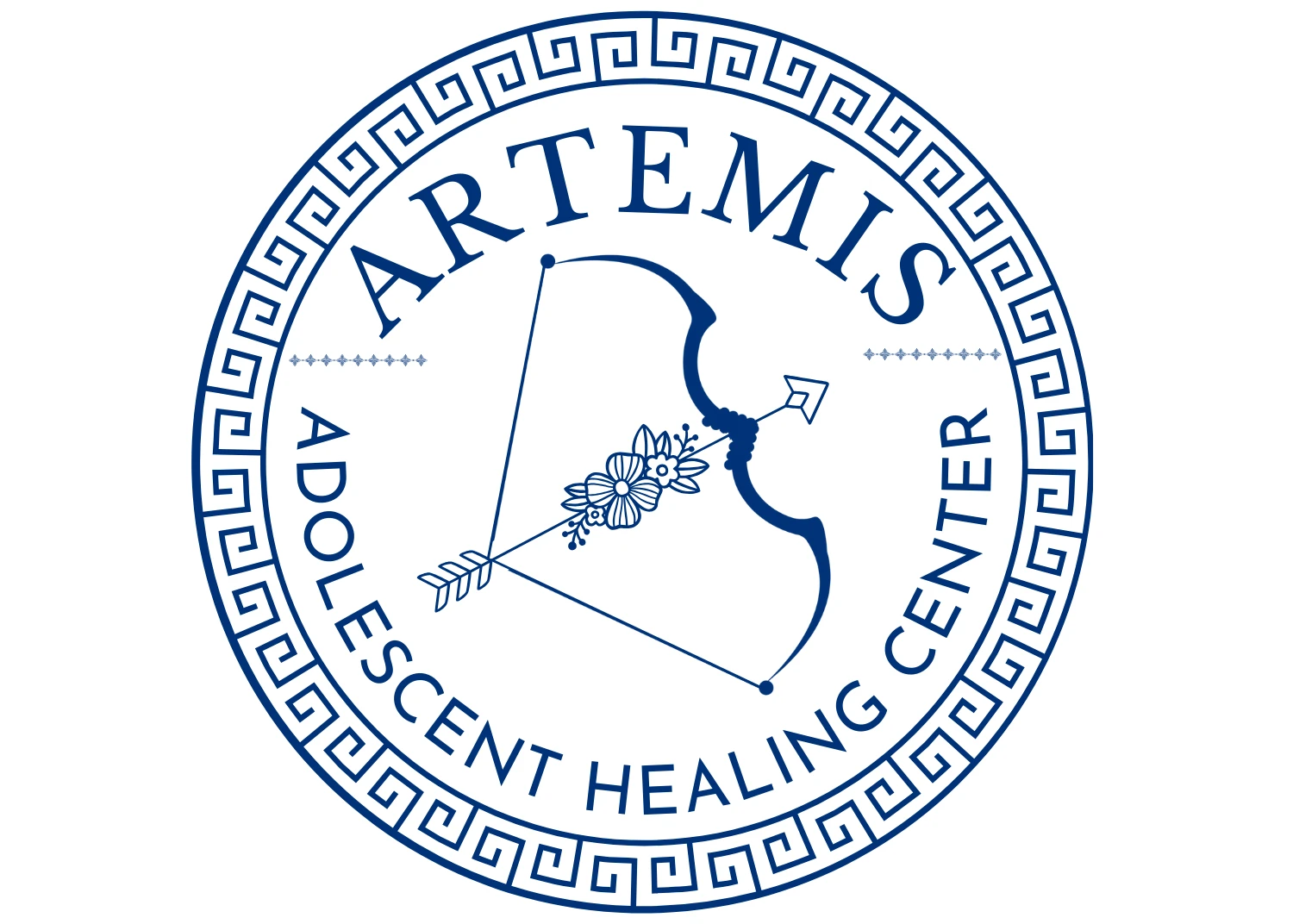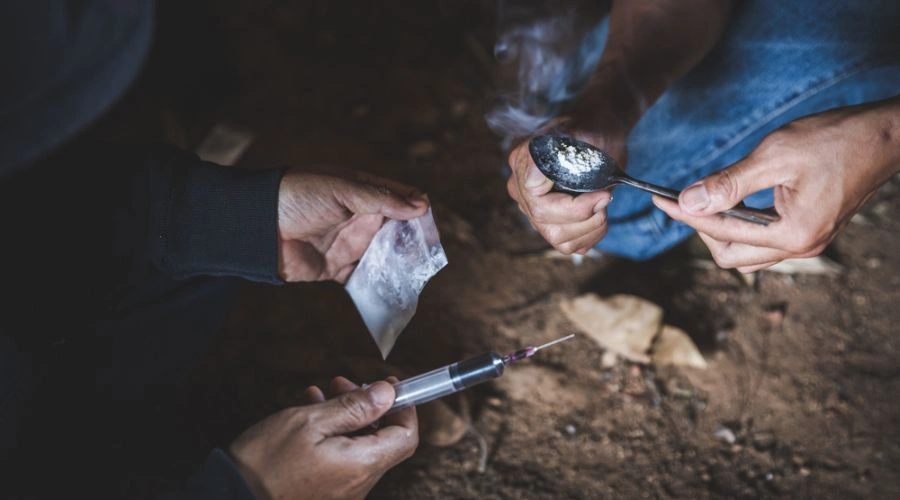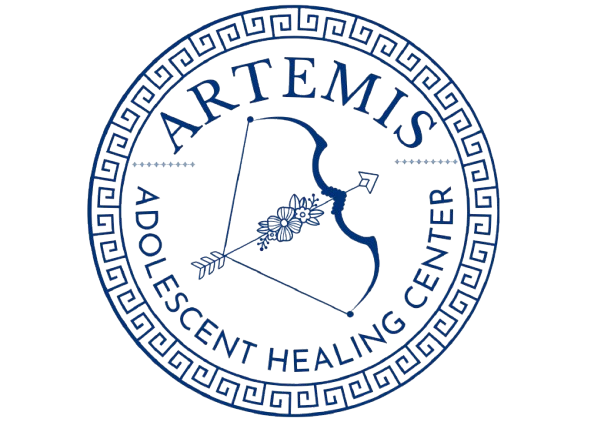Find Teen & Adolescent Fentanyl Treatment Programs at Artemis
Similar to morphine but about 100 times stronger, fentanyl is one of the most potent opioids. It is a highly addictive synthetic opioid drug that comes in different forms, including patches, tablets or pills, sprays, and transmucosal lozenges (fentanyl lollipops). It can also be smoked or injected.
With the risk of adolescent overdoses and other consequences in mind, it can be terrifying to watch your child go through fentanyl abuse, misuse, or addiction.
Artemis Adolescent Treatment Center is here to help.
We provide effective, stigma-free teen fentanyl addiction treatment. Our team helps youth and their families through every step of the recovery process.
Get Effective Rehab Support Programs at Artemis
The Fentanyl Epidemic and Youth
It is vital to remember that addiction can affect anyone and that no one is immune to the possible consequences of using fentanyl. Youth who use fentanyl, whether intentionally or unintentionally (e.g., when mixed with another drug, like cocaine) are at risk of:
- Overdose deaths. Fentanyl is a known leading cause of drug overdose deaths. According to the Centers for Disease Control (CDC), deaths involving illegally manufactured fentanyl in individuals aged 10-19 increased by 182% between 2019 and 2021.
- Increased rates of substance use disorders in adulthood. Teens who misuse drugs and alcohol are more likely to have a substance use disorder as an adult.
- Interference with healthy brain development. Drug and alcohol use can cause brain damage at any age, but drug and alcohol use in teens can interfere with healthy brain development.
- Legal problems. Teens abusing fentanyl are at risk of legal problems, whether now or in adulthood.
Early intervention is crucial when possible. While addiction in teens is not your fault, parents play an important part in helping teens who have or may have opioid use disorder recover.
Teen and Adolescent Fentanyl Treatment Programs at Artemis

Artemis Adolescent Treatment Center provides a full continuum of care for teens and adolescents experiencing fentanyl abuse. This allows our team to support your child and family consistently and during every stage of recovery.
Inpatient Treatment for Teen Fentanyl Abuse
We provide residential inpatient treatment for teen substance use. Benefits of inpatient treatment for fentanyl addiction in teens at Artemis include but are not limited to:
- 24/7 supervision. Inpatient treatment provides around-the-clock supervision for teens in a dedicated drug and alcohol-free environment where they cannot access fentanyl or related drugs.
- Intensive therapy. Teens in our inpatient programs participate in daily group therapy sessions, regular individual therapy sessions, family therapy, and other activities, like life skills, experiential therapy, and recreation.
- School support. We will work with your child’s school to ensure that they stay up-to-date with academics.
It is recommended that teens participate in outpatient treatment after inpatient addiction treatment. This is called a step-down approach, and it can lessen the risk of relapse by making the transition from inpatient care to life back at home less abrupt.
Get Accredited Treatment Programs at Artemis
Outpatient Fentanyl Addiction Treatment Programs for Teens
Artemis provides multiple levels of outpatient care. These include:
- Partial hospitalization. Our partial hospitalization program (PHP) for teens meets Monday through Friday. However, they are able to sleep and live at home.
- Intensive outpatient. Our intensive outpatient program (IOP) for teens meets about three days per week. Teens are able to participate in their regular school schedule while in IOP.
While outpatient services are often part of a step-down approach, some teens can start their recovery journey in outpatient treatment. Artemis provides evaluations for incoming clients that help us work with families to decide on an ideal starting level of care.
Help for Co-Occurring Mental Health Concerns
Some teens who use fentanyl may have a co-occurring mental health concern, such as depression, anxiety, or trauma. When this is the case, dual-diagnosis treatment for teens matters and can increase the chance of recovery from or effective treatment of both disorders.
Artemis provides dual-diagnosis treatment for teens with co-occurring mental health conditions and concerns at every care level.
The Role of Parental Support in Addiction Recovery

Teens may start using fentanyl after gaining access to prescription fentanyl, being exposed to fentanyl on accident, or using fentanyl bought on the street.
Parents can support teens facing fentanyl addiction by participating in family therapy sessions, seeking treatment, and getting educated on fentanyl addiction, exposure, and overdose. Self-care and setting boundaries will also be essential during this process.
Preventing Fentanyl Overdose Deaths in Teens
Many fatal overdoses involving fentanyl are unintentional. Here are some of the ways parents and others can prevent adolescent overdose deaths involving fentanyl.
- Know the signs. Signs of fentanyl overdose include cold, clammy, or blue-toned skin, loss of consciousness, stupor, constricted pupils, slowed heartbeat, and constricted pupils.
- Do not mix fentanyl with other drugs. Mixing fentanyl with other drugs (e.g., alcohol) can increase the risk of fatal overdose. Make sure that your teen knows this and takes the steps to prevent polysubstance use.
- Carry Narcan. When a person is experiencing an active overdose, Narcan is known to save lives.
Fentanyl overdose onsets quickly, and the faster you intervene, the better. We are here to provide your family with the resources necessary to heal–our admissions line is 100% confidential, and we are here to help your child and family at any cost.
Call Artemis for Teen Fentanyl Addiction Treatment Support

Artemis Adolescent Treatment Center provides substance use disorder, mental health, and dual-diagnosis treatment for youth in Tucson, Arizona. Watching your teen undergo fentanyl abuse or addiction is scary, especially with the risks associated with the drug considered. We are here to help your teen with every aspect of their well-being and addiction recovery.
Please call Artemis Adolescent Treatment Center to learn more about getting fentanyl addiction treatment at our facility in Tucson today. We are here to verify insurance coverage, schedule a tour, or help in any other way we can.
Up To 100% of Rehab Costs Covered By Insurance
FAQs Regarding Teen Fentanyl Addiction
What age group is most likely to use fentanyl?
According to statistics from the 2023 National Survey on Drug Use and Health from the Substance Abuse and Mental Health Services Administration, people aged 26 or older are the most likely to use fentanyl. In 2023, 0.2 percent of adolescents aged 12-17, 0.3 percent of young adults aged 18-25, and 0.3 percent of adults aged 26+ had misused fentanyl in the past year.
What are the symptoms of fentanyl exposure?
Symptoms of fentanyl exposure can include but aren’t limited to:
- Small (pinpoint) pupils.
- Trouble keeping eyes open or wandering eye movements.
- Slurred speech.
- Difficulty maintaining normal posture.
- Euphoria.
- Shallow breathing.
- Loss of consciousness.
- Drowsiness.
- Sedation.
Knowing the symptoms of fentanyl exposure can help parents notice a potential problem with fentanyl abuse or misuse in youth. Additionally, since those who use other drugs may consume fentanyl unintentionally, knowing the warning signs of fentanyl exposure can be critical.






